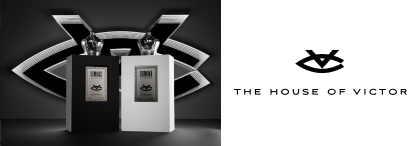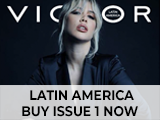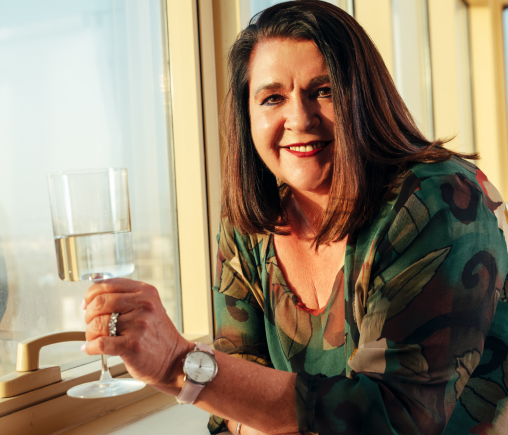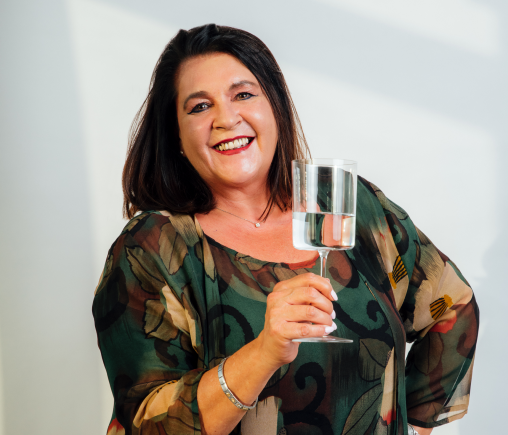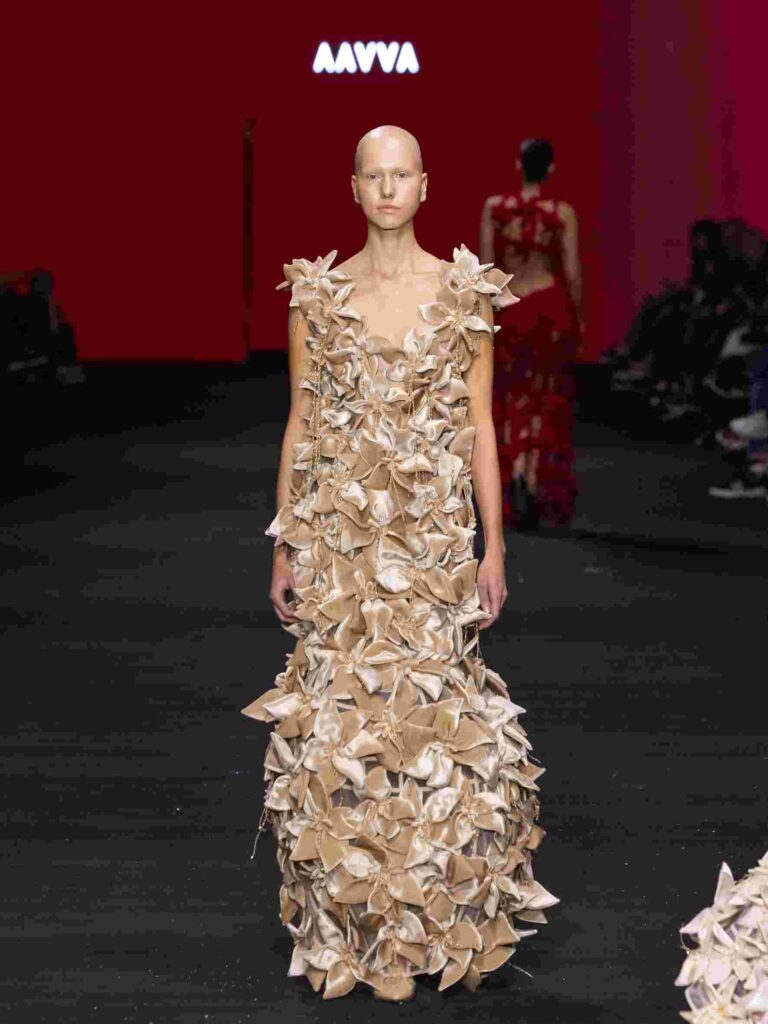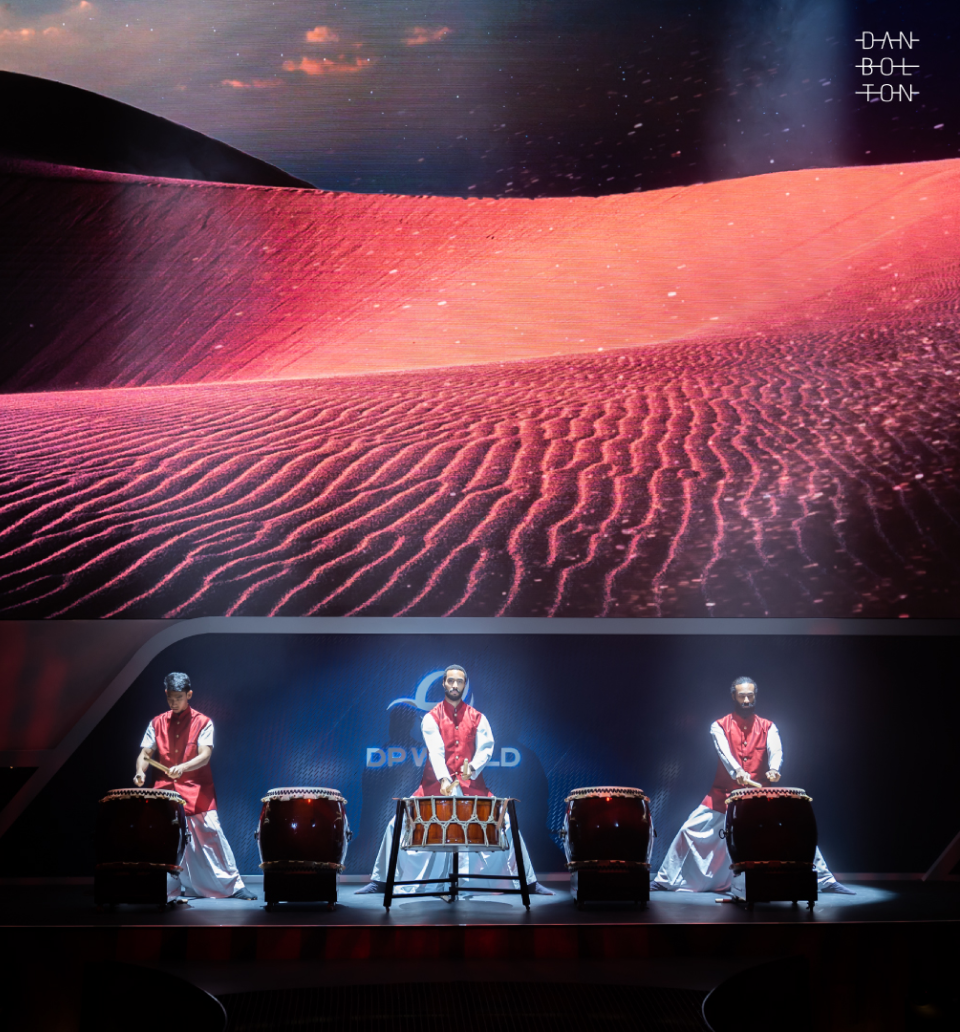
Little by little, Sip by sip: Inside the world of a water sommelier
ROAA EL-BAGOURY

- Photo by: Lakshik Perera
Diving deep into water, we sat down with GCC’s 1st water sommelier, Allison Poerner. After a career in the hospitality industry as an executive chef and GM of a hotel and conference centre, her taste buds were ready to explore more than food. She decided to follow a new passion, jumping into the massive world of naturally sourced mineral water.
While making exquisite dishes, she was thirsty for more. She decided to study through the Fine Water Academy with Michael Mascha and Martin Riese. Opening her world to the complexity of water and breaking down one mineral at a time she opened doors to so many possibilities, from food and water pairing to water tastings.
What excited you about water and becoming a water sommelier?
I’ve always loved water. Each source has a different story. Some waters have been around for millions of years, from springs, wells, iceberg, glacier water to rain and seawater All naturally sourced. Such an interesting topic. Food will always be the main actor and water will be a supporting act, where it can complement and/ or contrast any dish you eat. As a wine drinker I have extensive knowledge in that area that I felt it would be a wonderful to learn more about water
When you started studying water, What is the training process like?
Water is a complex molecule. I studied through the Fine Water Academy, I got to learn so much. We learn all about the source, the minerality, the carbonation and so much more. I did many assignments and many experiments with different waters. Imagine making coffee and tea using the same ingredients and same quantity but differently sourced waters. It’s unbelievable how different naturally sourced mineral water will taste once you’ve made the cup of coffee or tea compared to municipal water.
Have you considered making ice cubes out of naturally sourced mineral waters? It’s all very well having a lovely cocktail or any beverage, and as you put your nose towards it, you smell the chemicals of the chloride in tap water. Give it a try, make your ice using naturally sourced mineral waters, it just gives it a richer, more robust, clear taste and smell. There’s no chloride in the water, so it doesn’t affect the taste of whatever you’re drinking.
How do you detect or recognize the differentiation between the different types of water?
There are many recognisable and iconic brands available in the UAE. The most important thing to is read the labels. Labels will mention each waters origin, source, minerality (TDS – or total dissolved solids), namely calcium, magnesium, silica, potassium to name a few. Help save our earth and oceans – avoid single used plastic and choose reusable and recyclable containers to consume your water.
Dependant on the source and vintage, each water you will taste different and have different health benefits.
Don’t waste your money on bottled tap water!
Can you share a few tips on food and water pairings?
Still or sparkling doesn’t cut it anymore!
There are so many options when it comes to water pairing. Minerality and carbonation play a vital role. Lower minerality waters are lighter and pair well with lighter dishes like ceviche, grilled fish, and salads.
While higher minerality water is more robust, slightly denser. You will pair these with heavier dishes like barbecues or spicy dishes or fried foods.. Some people prefer pairing on the actual dish, whether it be beef or cheese while others prefer pairing or contrasting to their most dominant flavour.
Regarding sparkling or still water, you have different carbonation levels, so you can get soft sparkling water or bold bubblier waters. Some people are particularly prone to only drinking still, and some people only want to drink sparkling, so you can actually do a contrast or a matching. When it comes to pairing the bigger, bolder bubbles like superior waters are also suitable in cocktails because they have more volume.
What water ingredients can you identify by taste?
It depends on the source of water and where it comes from. For me, bicarbonate and silica are more distinctive tastes. In some they are more prominent than others.
What are some of the common misconceptions in the world of water?
Many people equate mineral or bottled water to believe it has snob value, whereas it’s its value that you’re getting. Firstly, you’re getting recyclable glass; you’re getting a natural product. A higher or lower PH makes no difference to the water. Your stomach is acidic; you want it to stay acidic. Don’t believe that drinking a high or low acidic water pH water will affect your body.
Also, yes, water is a fabulous product, but it doesn’t cure cancer.
Can you tell us a little bit about the opportunities you would like to work on as a water sommelier in the future?
I’d like to see hotels and restaurant offering their guests options, a water menu.
To share my value when it comes to the importance of the different types of water.
Another thing that I would also like to include in my portfolio is sharing my knowledge in food and water pairing, where I’d bring my food expertise and amplify the experience for people. Water is fun and a great way to introduce this, is hosting a team building in the corporate and leisure world.
Lastly, I’d introduce water to the wellness and spa retreats, giving them a well-rounded, healthy experience.
Water is life, water has taste and water has value.
There is no best water as there is no best food or wine
Remember naturally sourced mineral is a natural product,
From a real source.
That has terroir.
Holds experiences and gives wellness.
By Author

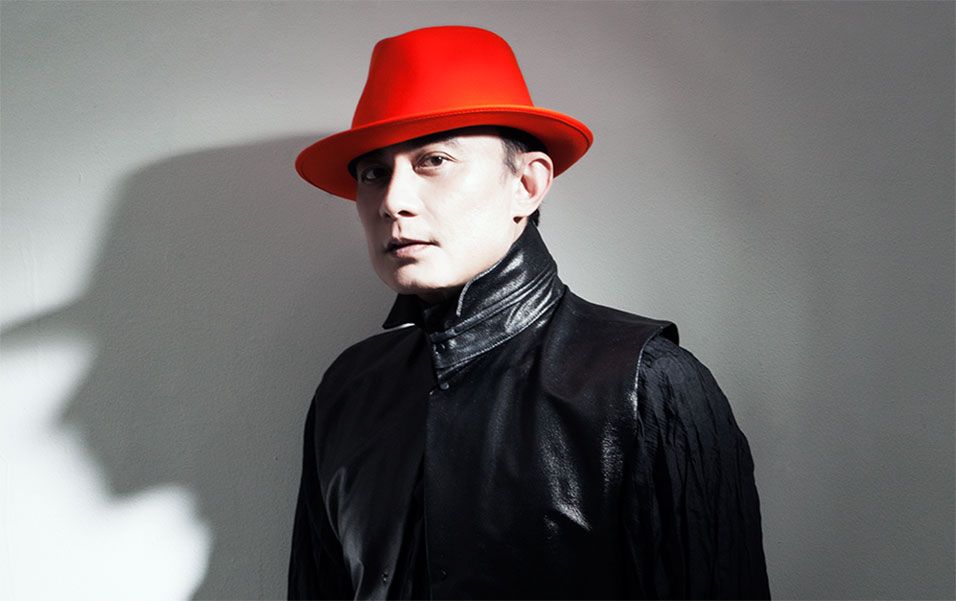
Rinaldy Yunardi: A story of passion leading to a journey of success.
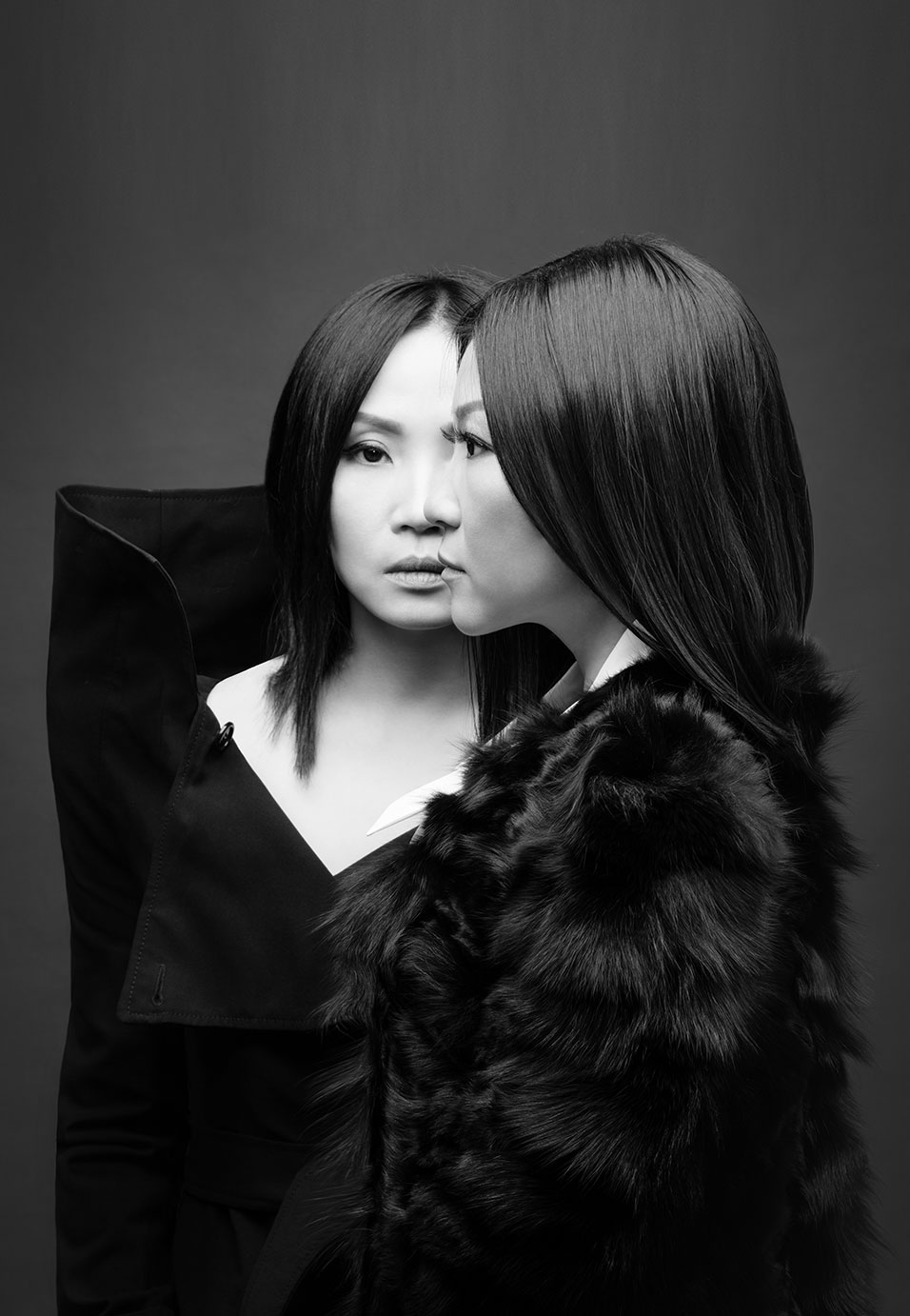
How the Liu Sisters Built a PR Empire for the Fashion Industry and Named it “The Clique”
no related post found
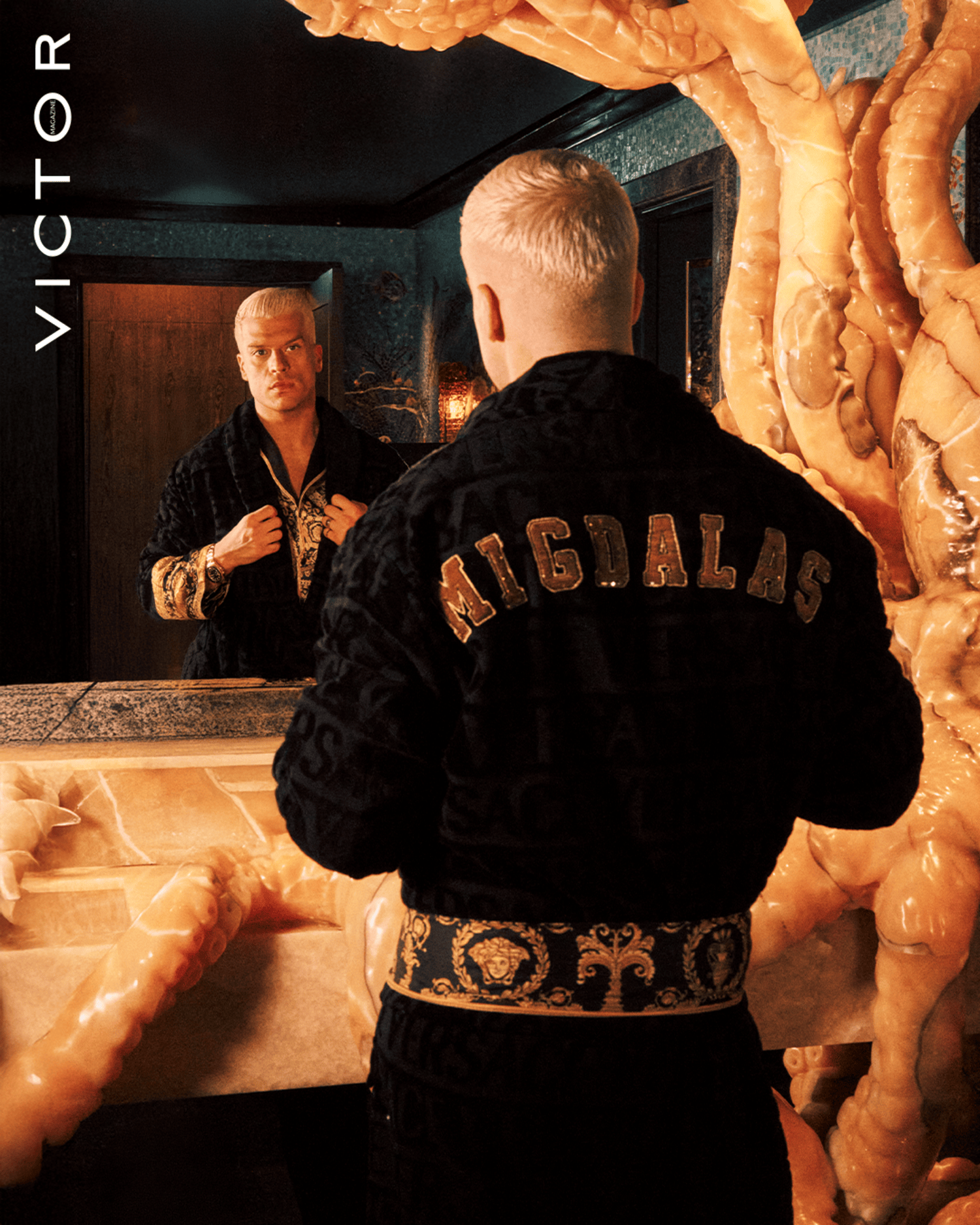
Beyond the Expected: John Migdalas on Today’s Luxury
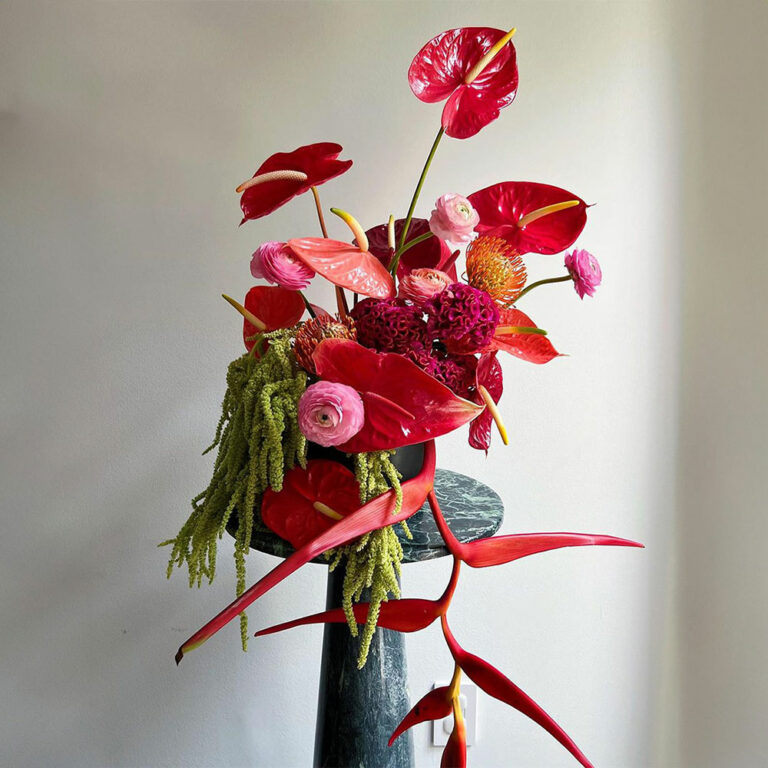
“Flowers are our favorite F word!”

Indulging in Love and Flavor at Playa: A Valentine’s Day Delight

Beyond the Expected: John Migdalas on Today’s Luxury
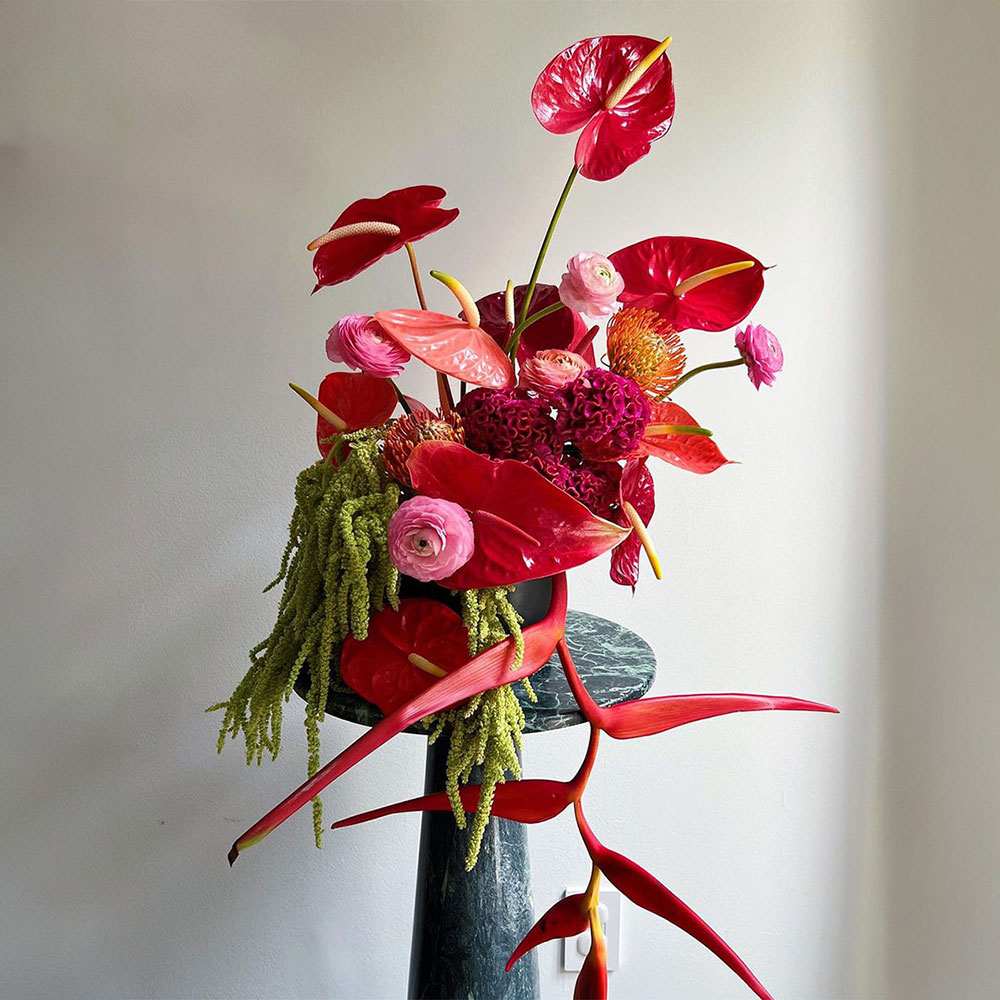
“Flowers are our favorite F word!”

Indulging in Love and Flavor at Playa: A Valentine’s Day Delight

The Muse Bee: Benedetta Paravia
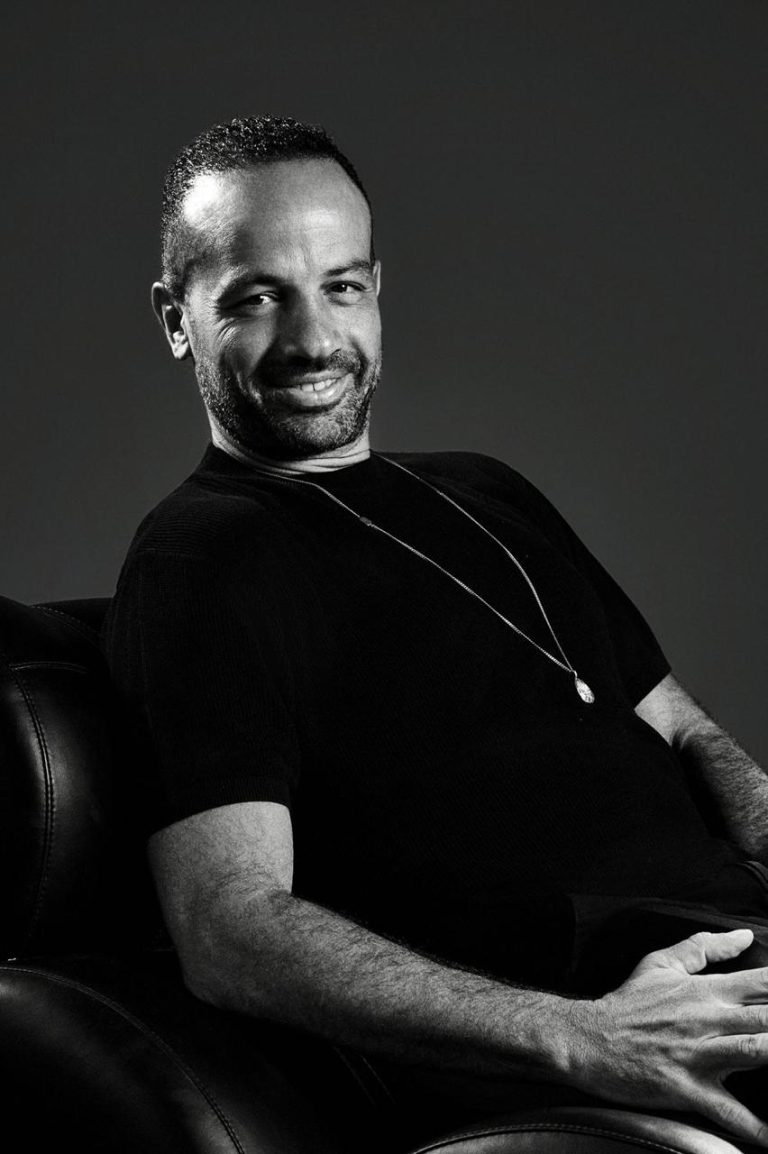
The Architect of Hits: Mousa Essa on RAW’s Unbeatable Formula




